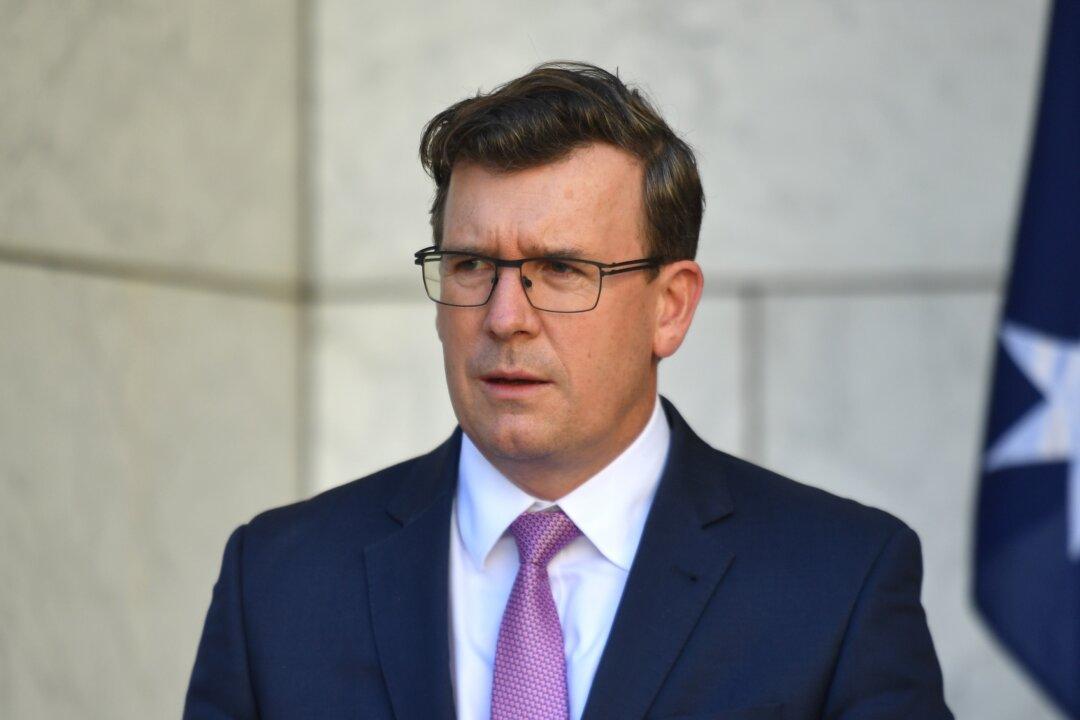The federal government has hit back at Premier Daniel Andrews’ criticism of the trans-Tasman bubble reaching his state on day one of its operation.
Seventeen travellers landed in Sydney from New Zealand on Oct 16 then flew on to Melbourne despite Victoria not being part of the one-way, quarantine-free arrangement.





